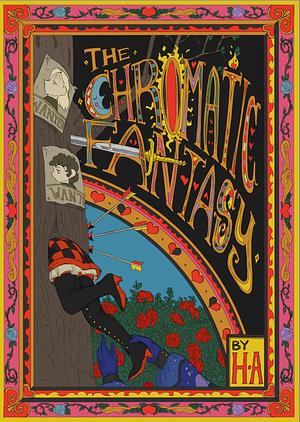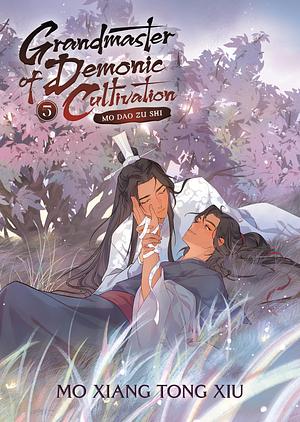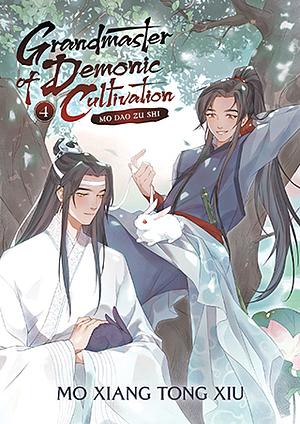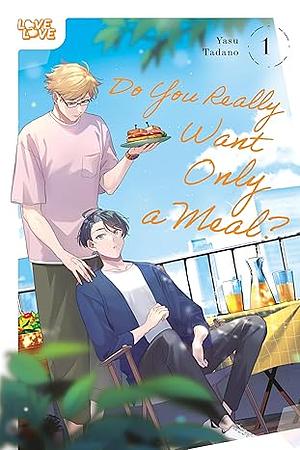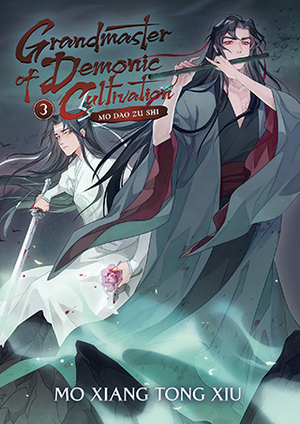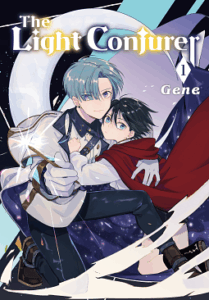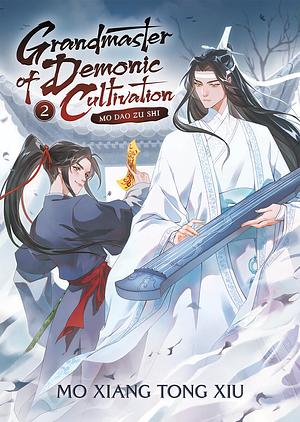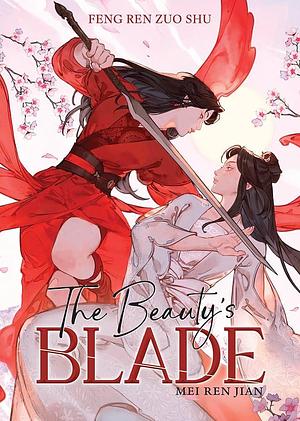
The Beauty's Blade
by Feng Ren Zuo Shu
Genres: Fantasy, Light Novels, RomancePages: 394
Rating:

Synopsis:Two powerful swordswomen face off in this enemies-to-lovers historical tale.
Ruthless and mercurial, Fu Wanqing is hardly the type of woman anyone expected to be heir to the jianghu’s preeminent righteous cultivation sect. Yet she’s famous for more than just her attitude: her raw power and beauty are renowned, rivaled only by those of demonic sect leader Yu Shengyan.
As such, Fu Wanqing is determined to face her in battle; after all, she must prove herself not just worthy of her station, but superior beyond the rest!
Unfortunately, the ice-cold Yu Shengyan couldn’t be less interested in her challenge. Yet when Fu Wanqing offers the rare medicine Yu Shengyan needs to cure one of her comrades, she relents. The catch? Yu Shengyan must agree to stay by Fu Wanqing’s side for three months. Fu Wanqing is certain that by the end of their deal, she’ll get her duel—but will her fascination with Yu Shengyan come to encompass more than just her sword?
I really wanted to be absolutely in love with Feng Ren Zuo Shi’s The Beauty’s Blade, the first baihe I’ve read. I love the cover, the inside art’s nice too, and I love that it flips various things on their heads (the fiery, impetuous, red-robed light-aligned cultivator, and the cool and virtuous head priestess of the demonic guild), and the whole presentation of the book is really pretty.
In the end, I did enjoy the book, but not as much as I hoped to. The story is a bit all over the place, with (at least to an English audience) lots of similar-looking names and unfamiliar terms. Some of the context I knew or could quickly work out from reading danmei, but terms like “jianghu” and “wulin” were new. There is a glossary in the back, at least, but still, it can be a lot to juggle. It did all come together for me in the end, given some time, but I can understand readers finding it a bit much — especially if they don’t have the context of reading other cultivation novels.
The two main characters are a lot of fun, though: Fan Wanqing and Yu Shengyan have a lot more in common than it appears at first, and their growing obsession with each other is quite fun. Unhealthy! But fun nonetheless. Fu Wanqing is less of a meathead than she appears at first, and Yu Shengyan has a lot more passion than it appears at first, and they both end up murderously possessive of one another.
I think at times certain parts of this felt rushed, or were maybe just underexplained for this audience (which it wasn’t written for, so that’s fair, but could maybe have been fixed with a bit of localisation), but overall I had fun. And though Fu Wanqing at the end indicates she’s no longer interested in the jianghu… I think they had fun wandering around messing things up together, and I expect they’ll continue, really.
Rating: 3/5 (“liked it”)

